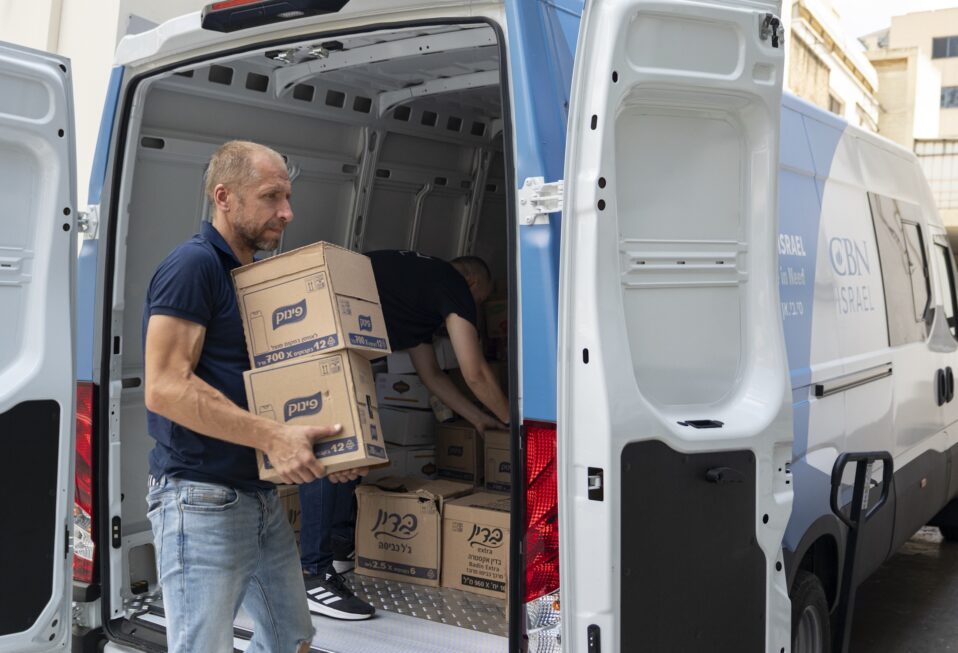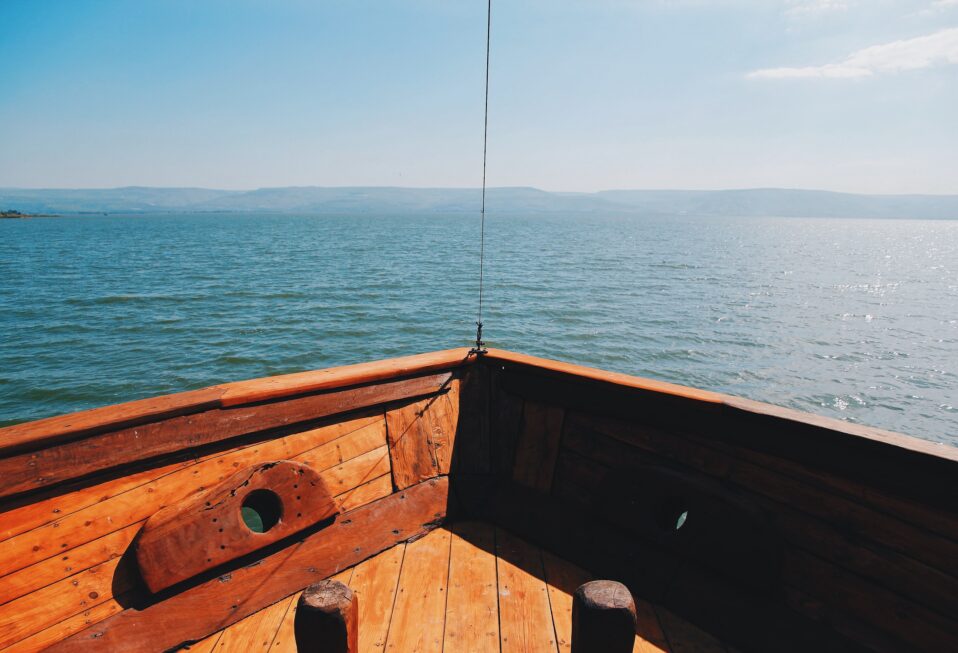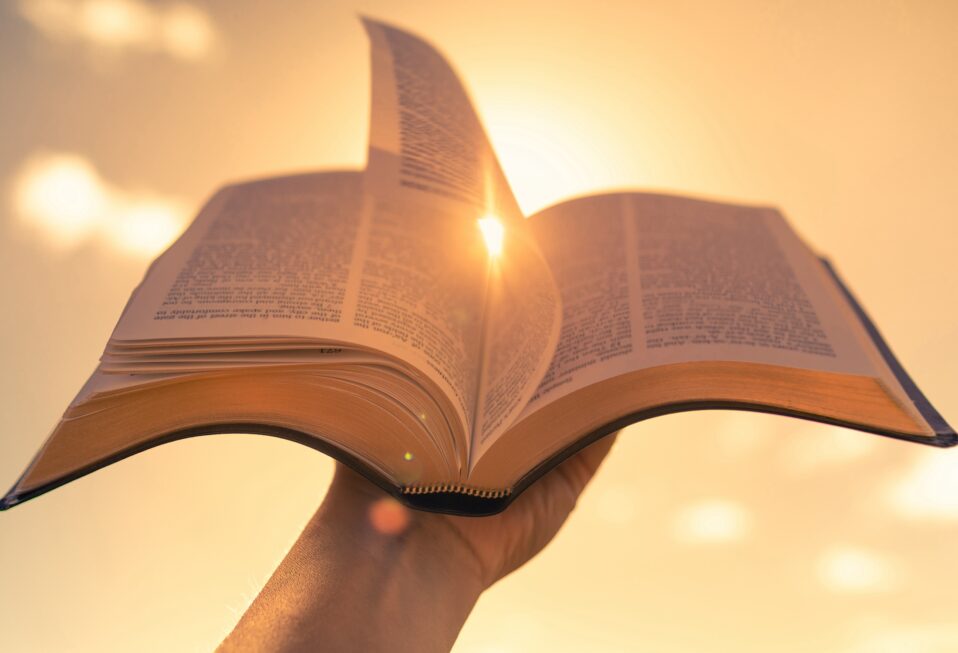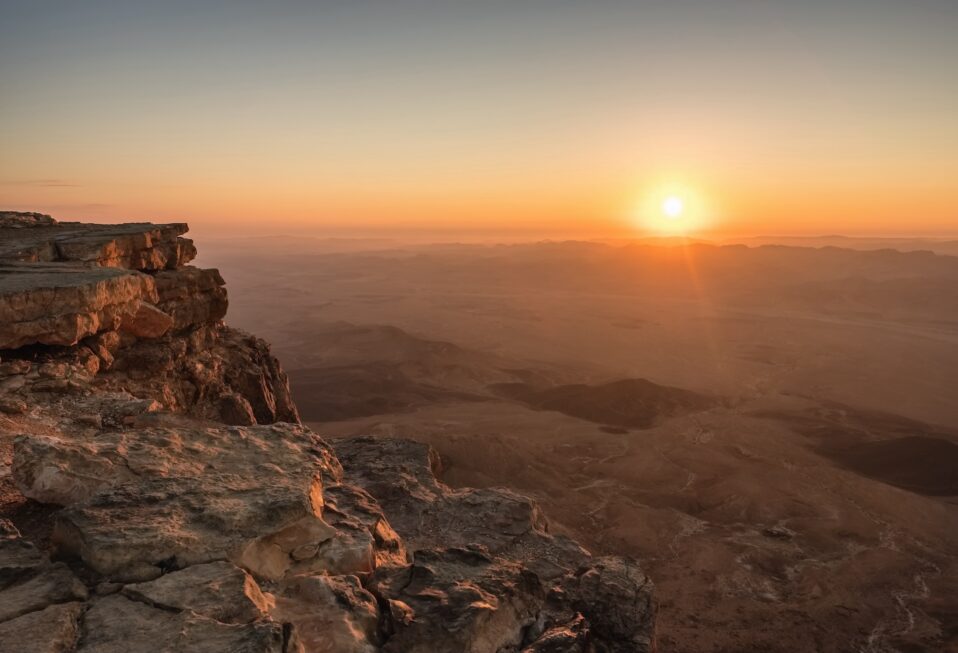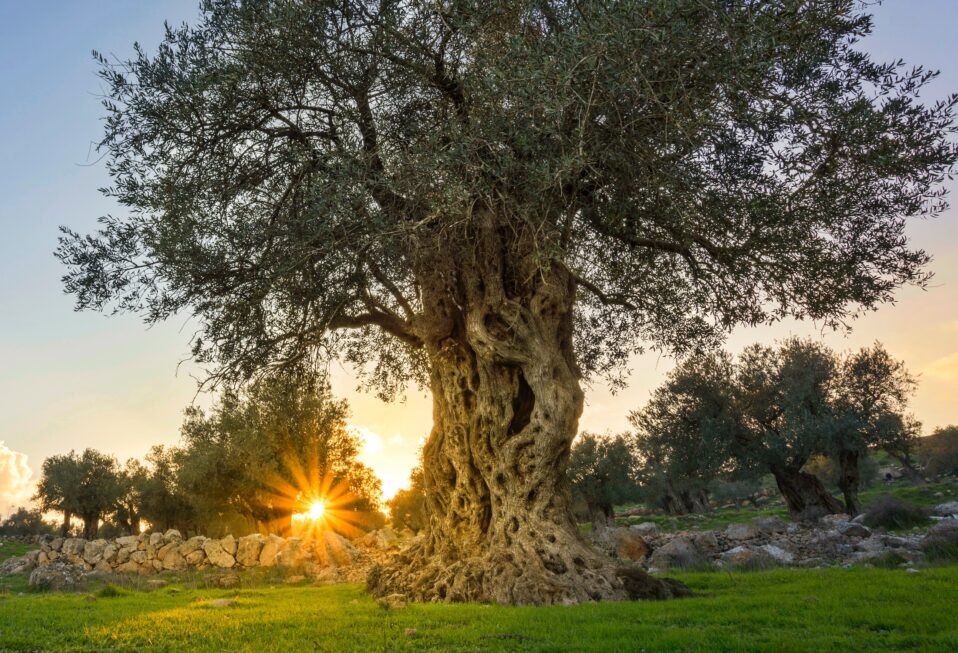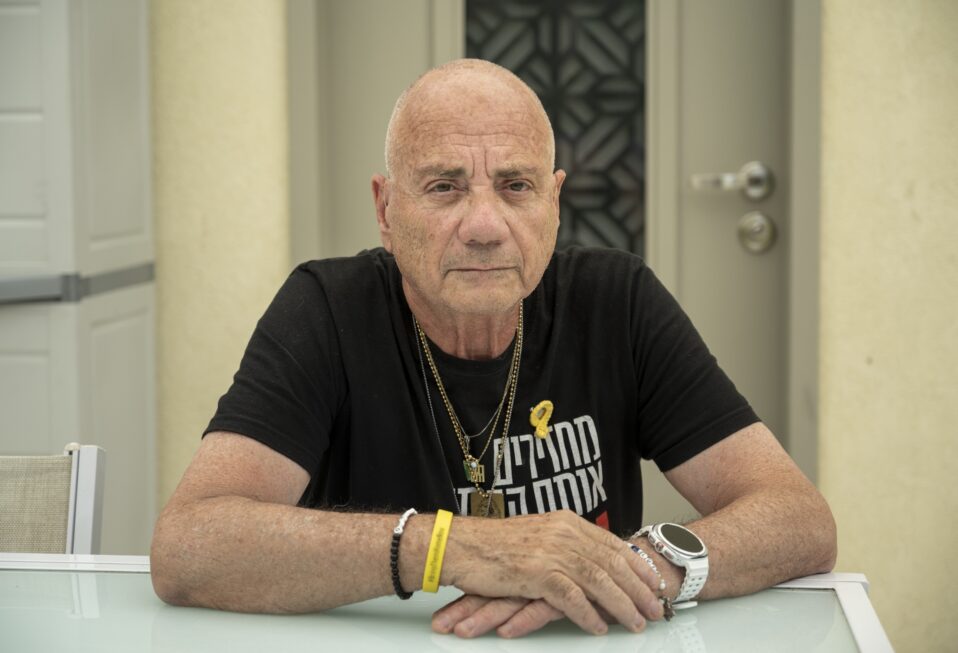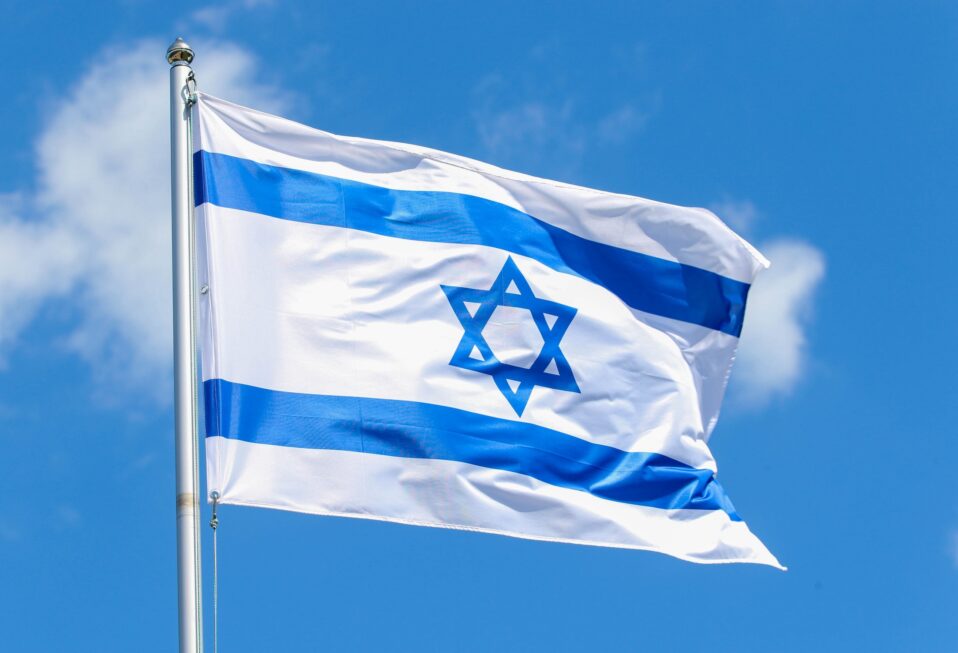By Arlene Bridges Samuels
“A lie will go round the world while truth is pulling its boots on.” A quote often attributed to famous British preacher C.H. Spurgeon (1834-1892), its origin—as Spurgeon himself said—has actually been lost to time. Nevertheless, we as believers who stand with Israel have a choice: We must press on to share truth!
World news headlines detonate day after day with slanderous information and unfounded rumors about and against Israel. A cloud of despicable lies, accusations, actions, and ignorance continues to ignite the fires of Jew-hatred across the globe. It is past time for good news, and there is plenty of it. That’s because despite its seven-front war, Israel has not neglected one of its key foundations: “repairing the world,” or tikkun olam.
For centuries, the concept of “repairing the world” has repeatedly motivated the Jewish people and the Jewish state. Tikkun olam has no boundaries.
By educating ourselves through two excellent Israeli humanitarian organizations—IsraAID and MASHAV—we gain the facts and tools we need to share good news about Israel “repairing the world.” Although this catch phrase cannot actually be found word for word in Scripture, the concept flows throughout the Bible. The Hebrew verb TKN, which is used only four times in Scripture, is defined “to make straight, establish, arrange, or repair.” One example in Leviticus 19:9-10 calls for “leaving gleanings for the poor and the foreigner,” a way to share resources. Let’s look at the way this plays out in the two charitable groups just mentioned.
IsraAID, founded in 2001, is an international non-governmental humanitarian aid organization. Its teams have worked in emergency and long-term development settings in more than 60 countries globally. IsraAID also provides critical help inside the Jewish homeland. For example, they have been working with local municipalities in central Israel since June. These towns are hosting some 2,000 people whose homes were damaged or destroyed when Iran targeted Israeli civilians in missile attacks on residential buildings. IsraAID has been providing not only mental health support to those displaced, but help with education and logistics, as well.
In the company’s 2024 Annual Report, the list of IsraAID’s accomplishments globally is nothing short of astonishing, given that Israel is fighting a defensive war against the Islamic Regime and its terror surrogates. The report mentions IsraAID’s long-term humanitarian missions—which now face more emergencies, including Guatemala’s migration crisis, violence in Kenya, and refugees fleeing the Democratic Republic of the Congo into Uganda. When Cyclone Chido hit Mozambique last December, Israel’s emergency teams quickly responded with help.
This humanitarian organization also sent its rapid-response teams to Papua New Guinea after a devastating landslide in May. Already working in South Sudan, IsraAID noted that they frequently deal with a “crisis within a crisis.” One example highlights this reality. Over 500,000 people escaping Sudan’s next-door conflict were crammed into South Sudan’s refugee camps. The overcrowding set the stage for last December’s cholera outbreak. Here in the United States, IsraAID has often sent emergency teams to help communities devastated by fires, floods, hurricanes, or tornadoes.
Reading about Israel’s far-reaching commitment to tikkun olam shows us these facts dramatically reveal how outrageous are accusations that “Israel is an apartheid state.” Misinformed protesters grab the first headline they see despite the fact that Israel itself is a multi-colored country with Ethiopian, Asian, and Hispanic Jews. The apartheid designation is absurd. In addition, a look at the geographical locations of IsraAID’s humanitarian outreaches shows us that Israel treats all people in all crises with aid wherever possible. That includes Gaza.
IsraAID’s CEO, Yotam Polizer, quips: “We are FILO, First In and Last Out.” For Israel, wrongly defamed at every turn, IsraAID is a shining example of Israel’s commitment to helping others. IsraAID “repairs the world” regardless of religion or ethnicity. Its staff and volunteers view others simply as people in need.
MASHAV is another shining example of Israelis repairing the world. Its official name is “Israel’s Agency for International Development Cooperation at Israel’s Ministry of Foreign Affairs.” This organization was created in 1958 by two Israeli visionaries: Prime Minister David Ben-Gurion and Golda Meir, his foreign minister and later a prime minister herself. Ben-Gurion and Meir applied tikkun olam—a dynamic Jewish cultural value—to share Israel’s expertise, particularly in technology, with other developing countries. After only 10 years as a modern independent nation, Israel was already reaching out in friendship with development aid to other countries. MASHAV’s mission: to help developing nations achieve sustainable development and transformation within their own societies. On X, MASHAV calls it #HumanCapacityBuilding to empower those living in poverty to improve their own lives.
Cooperative projects combine with other nations in strengths, experience, and expertise in 10 different priority sectors, among them food security and agriculture, education for all, medicine and public health, and innovation and entrepreneurship.
MASHAV’s statistics are astounding. With more than 50 training centers and demonstration projects worldwide, each year the organization sees 5,000 trainees take part in 160 training courses in Israel and abroad. In addition, it is involved in 100 short-term consultancy missions and has 35 ongoing partnerships with donor countries and international organizations. In fact, MASHAV’s practical and compassionate programs have made an impact in 140 out of 193 nations in our world—with over 300,000 graduates from their training programs.
Jews in their ancestral homeland number around 7.7 million in a population of 10 million. Israel makes IsraAID and MASHAV even more miraculous in blessing the family of nations. Shining into the darkness of nations in disaster or need, Israeli Jews are beacons of light, despite being beset with hatred and war themselves.
Tikkun olam is an observable, treasured Jewish value designed by God. He Himself in His sovereignty will “make straight, establish, arrange, or repair” our world for all who honor and believe His redemptive sacrifice for sins. Truth and tikkun olam will someday erase the cloud of lies. Let us be sure to do our part to repair the cloud of lies with truth and facts!
Our CBN Israel team welcomes you to join us this week to pray and to pass along facts about Israel reflecting on Matthew 5:16—“Let your light shine before others, that they may see your good deeds and glorify your Father in heaven.”
Prayer Points:
- Pray with praises for Israel’s extraordinary tikkun olam worldwide!
- Pray for friends, family, and social media to read this article due to your sharing.
- Pray for pastors and churches drifting away from Israel support to read the facts.
- Pray for Evangelicals to proactively share facts about Israel to spread good news.
Arlene Bridges Samuels is the weekly feature columnist for CBN Israel since 2020. Working on the staff of the American Israel Public Affairs Committee (AIPAC) as their SE Regional Outreach Director for nine years, International Christian Embassy Jerusalem USA engaged her as the Leadership Outreach Director part-time for their project American Christian Leaders for Israel. Arlene is an author at The Blogs-Times of Israel, is published at AllIsrael.com and The Jerusalem Connection, and has traveled to Israel since 1990. By invitation, she attends Israel’s Government Press Office Christian Media Summits as part of Christian media worldwide. In 2024, Arlene and her husband Paul co-authored Mental Health Meltdown: Illuminating the Voices of Bipolar and Other Mental Illnesses. www.TheMentalHealthMeltdown.com.


